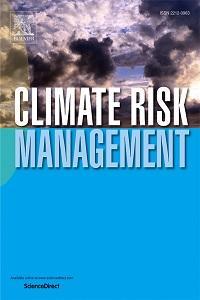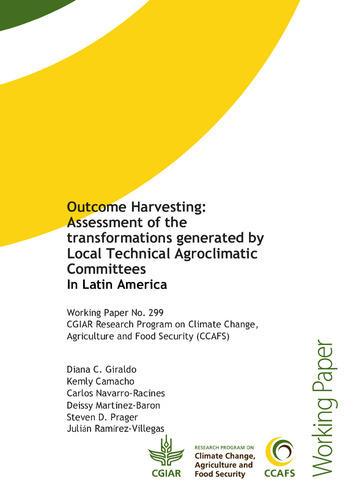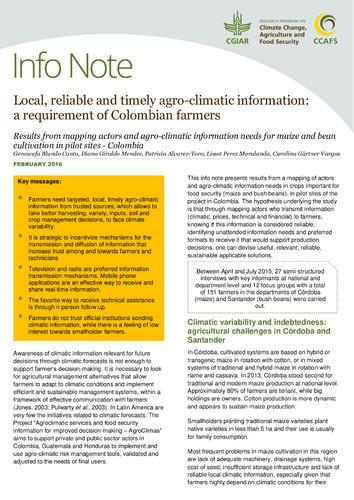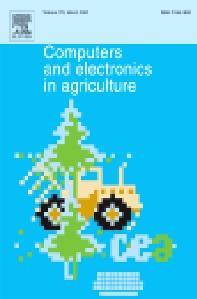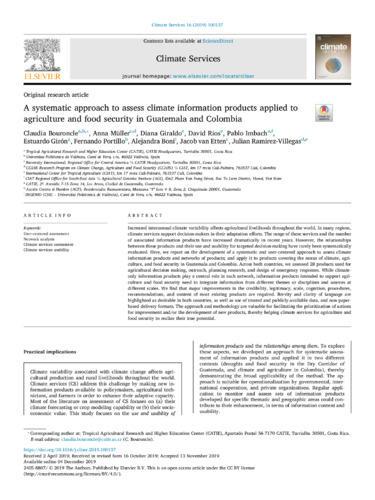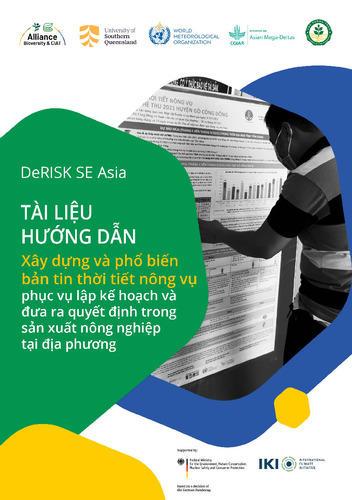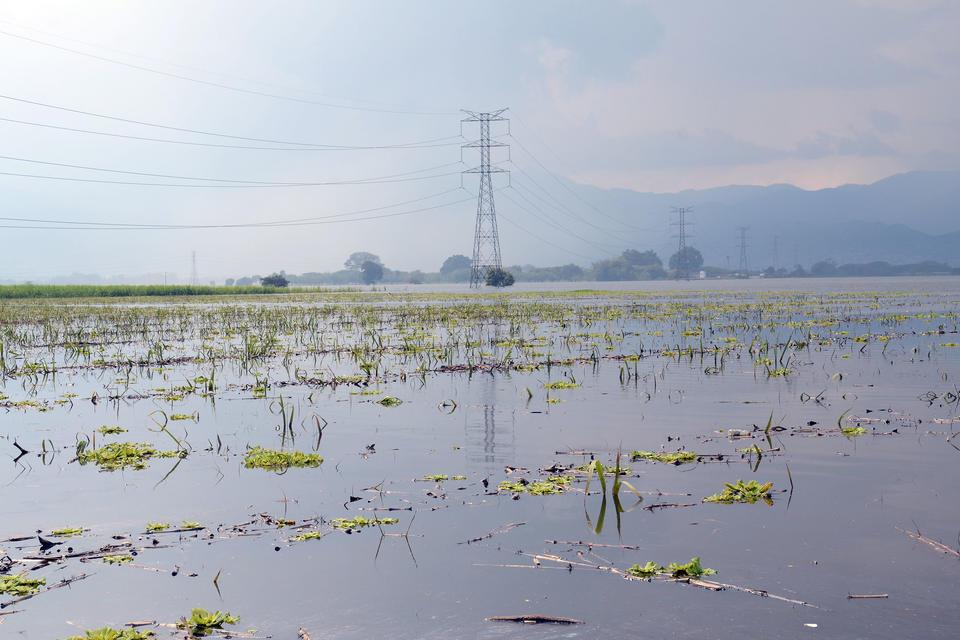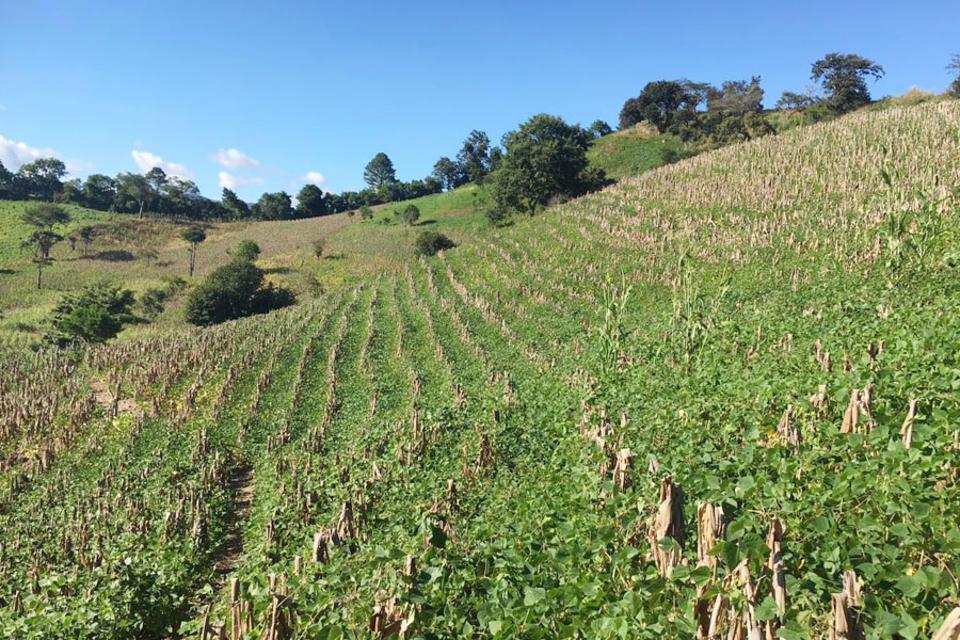Local Technical Agroclimatic Committees - LTAC
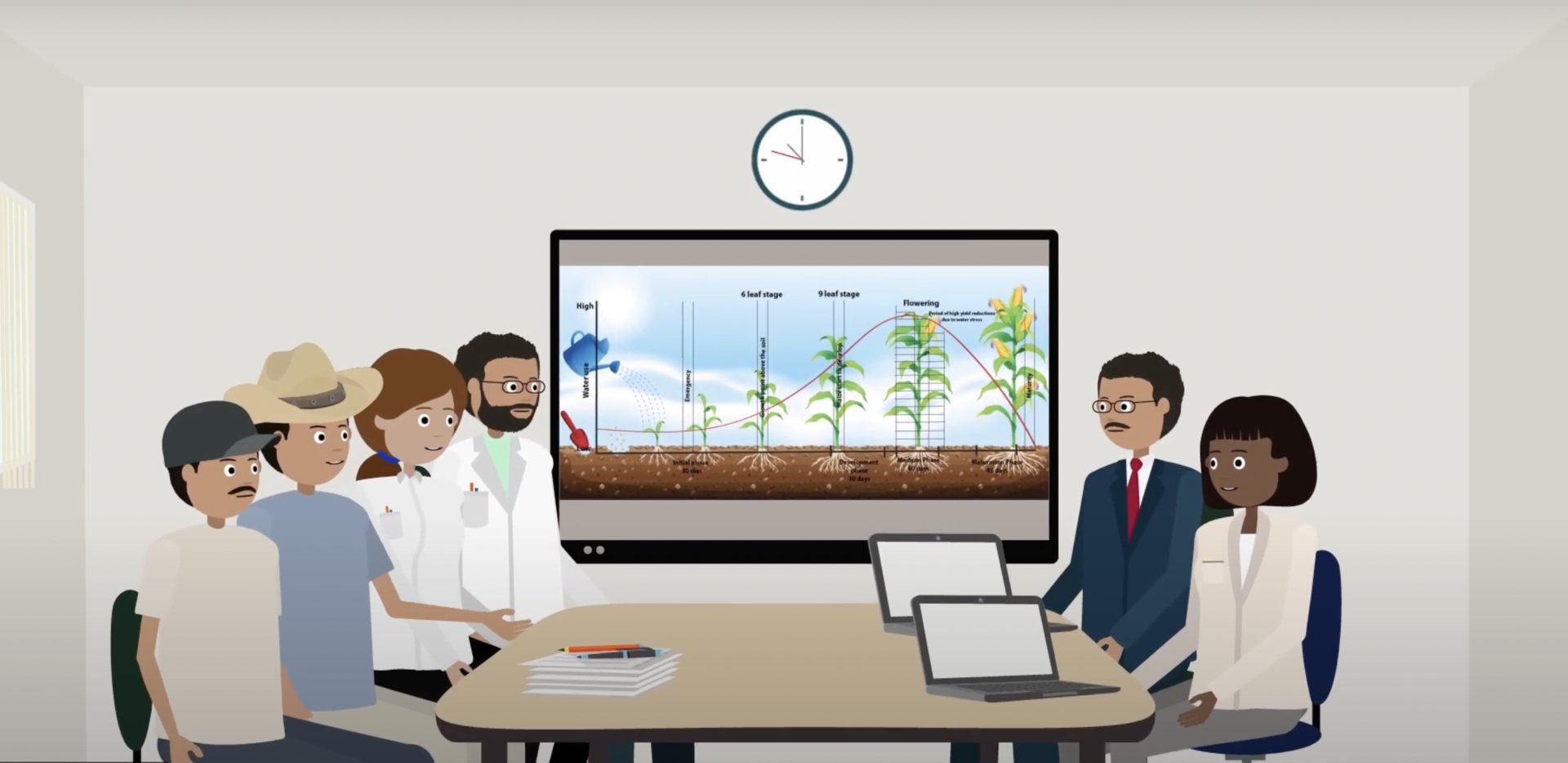
The Local Technical Agroclimatic Committees (MTAs, for its acronym in Spanish) are an innovative mechanism developed in Colombia to provide farmers with timely, accessible, and actionable climate information. Designed to bridge the gap between the supply and demand for climate data, MTAs enable informed decision-making in agriculture at scale across Latin America and the Caribbean (LAC).
In the MTAs, farmers and stakeholders—including field technicians, scientists, and representatives from the public and private sectors—engage in open, inclusive discussions about climate variations at multiple timescales (historical trends and seasonal forecasts). These dialogues foster a shared understanding of how weather and climate impact crops, facilitate the development of agronomic recommendations to mitigate risks, and identify best practices for adaptation to climatic phenomena.
Local Technical Agroclimatic Committees-Putting tailored climate information in the hands of farmers
In what context is this tool useful?
MTAs are particularly useful in regions where access to reliable climate information is limited, and the impacts of climate variability threaten agricultural productivity and community livelihoods. They thrive in contexts requiring collaboration among diverse stakeholders to address localized climate challenges.
By building local capacity and creating a platform for shared learning, MTAs enable communities to co-develop practical, context-specific solutions. This makes them especially valuable in supporting vulnerable farming populations across Latin America and the Caribbean, where the effects of climate change are increasingly pronounced.
Click here to check the infographic 'Transforming Farmers' Lives In Latin America'
Results achieved
- 462+ institutions engaged
- 77 MTAs across 11 countries in Latin America and the Caribbean
- Countries involved: Guatemala, Honduras, Colombia, Ecuador, Nicaragua, Chile, Panamá, El Salvador, Perú, Paraguay, and México
The MTAs form a dynamic network that links local, national, and regional efforts in climate risk management. Key contributions include:
- Regional strategies for disaster risk management in agriculture and food security (FAO, 2018)
- National climate change adaptation plans (Howland and Francois Le Coq, 2022)
- Climate change national communications (Martínez et al., 2021)
- Nationally Determined Contributions (NDCs) for countries like Colombia, Honduras, Guatemala, and Panamá (IDEAM and MADS, 2017; NDC Partnership, 2018)
The impact of MTAs is profound:
- 500,000+ farmers empowered to make climate-smart decisions
- Increased productivity and resilience in agriculture
- Transformative impact through collaboration and localized agroclimatic information
- Revolutionized agricultural practices and policies across Latin America and the Caribbean.
Variations on this method
The MTAs draw inspiration from a participatory model known as multidisciplinary working groups, first developed in Senegal to foster collaboration among diverse actors within a territory.
Since its inception in 2013, the MTA approach has been successfully scaled across several Latin American, African, and Southeast Asian countries, including Vietnam. Their core mission remains consistent: helping farmers better manage risks and capitalize on favorable climate conditions.
In Vietnam, the impact of climate change on agriculture has been severe, with crop losses estimated at 5.6% by 2030 due to increased temperatures, drought, and saltwater intrusion. To address these challenges, the Alliance and the Department of Crop Production (DCP) of Vietnam’s Ministry of Agriculture and Rural Development (MARD) have implemented agro-climatic bulletins (ACBs) that provide farmers with timely climate information. These bulletins help mitigate climate risks by guiding farm management decisions, such as adjusting planting schedules and input use.
The MTA approach has proven effective in engaging local stakeholders, including hydro-meteorological centers, agricultural departments, extension services, and farmers themselves. The results from the 2022 agricultural season in Vietnam show that 71% of farmers who used ACBs made changes to their farming practices, with 41% adjusting fertilizer and pesticide use and 38% altering their crop calendar. This led to measurable improvements in crop yields, with 30.6% to 58.1% of farmers reporting higher yields due to the advisories.
The success of the MTAs in Vietnam highlights the scalability of this approach. The model is adaptable across different regions, whether in Latin America, Southeast Asia, or Africa, and can be tailored to meet local climate risks and agricultural practices. It offers a sustainable and participatory pathway for farmers to better manage climate risks and adapt to changing conditions, ultimately improving their livelihoods and resilience.
For more on ACB approach in Vietnam: please visit guideline (link) and video (link). To know more on this variation, please contact:
Le Thi Tam - Vietnam project coordinator.
The approach is based on the LTAC approach, originally developed in Latin America
Contact us

Diana Giraldo Mendez
Research Fellow

